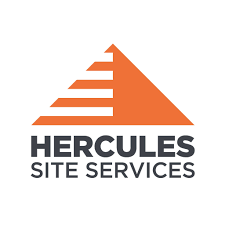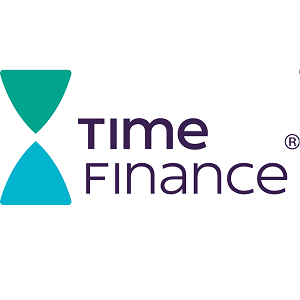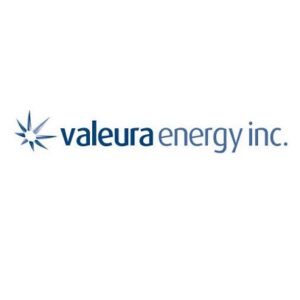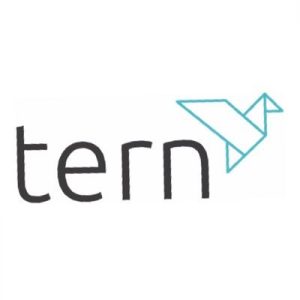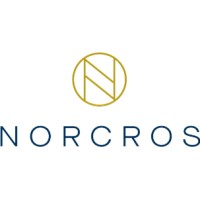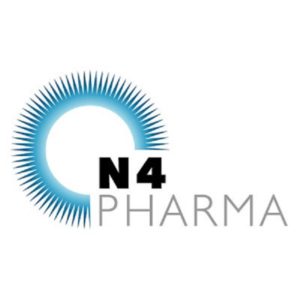Hardman and Co’s Analyst Mark Thomas caught up caught up with DirectorsTalk for an exclusive interview to discuss the International Property Securities Exchange.
Q1: The International Property Securities Exchange, IPSX, is a regulated exchange but seems quite different from any other. How is it different?
A1: Totally. IPSX gained regulatory approval from the Financial Conduct Authority (FCA) to operate as a ‘Recognised Investment Exchange’ in January 2019. Two things are absolutely crucial: i) the companies floated will all be single asset real estate companies ( SARCs); ii) this is a ‘Recognised Investment Exchange’. Being ‘recognised’ means it conforms to the full and highest regulatory standards.
As a regulated exchange, investors will have the comfort of fully mandated processes for publication of information. This transparency around valuation and risk will be a crucial aspect. By focusing on companies holding single assets, or multiple assets with very strong commonality, the companies floated will probably have lower operating costs than the existing types of Real Estate Investment Trusts (REITs).
As a simple, transparent, cost-efficient quoted company, with tradable shares, this structure enables investors to invest in property more quickly than buying the underlying asset directly, as well as at a much lower transaction cost. The IPSX trading platform will give capital markets real-time share prices for these single asset property stocks. That is totally new.
Q2: Is it a revolution or an evolution?
A2: IPSX truly reimagines real estate, but it is built on long-established foundations. Until now, investors could not buy a share in a single property, but, with IPSX , they will now be able to do so.
The timing of the IPSX launch is important because there has been significant demand growth in recent years for much more specialised asset class investing, whereby REITs have increased their investment focus on one particular asset class, for example, warehouses. Furthermore, investors will benefit from being able to invest in property at a much lower cost than exists at present.
SARCs will only incur a single management charge, rather than multiple management charges, which has increased a typical REIT’s cost structure.
Investing on IPSX will be very similar to investing in other major exchanges, such as the London Stock Exchange. Each SARC will have a minimum of one market maker, who will provide continuous prices during opening hours, so trading will be very similar. IPSX is the only global exchange where investors can trade single property SARCs, which is revolutionary.
Q3: How might it be called a revolution?
A3: This is a ground-breaking platform, and investors will be able to buy and trade small or large parcels of shares in a single building, i.e. invest directly in the bricks and mortar, supported by the leases and the asset management in place. At the moment, investors can get this only if they are very large institutions and, even then, they pay large costs (including tax) to buy and sell. On IPSX, a sale will take 30 seconds, in contrast to direct property, which could easily take six months.
The ability to trade property on an exchange will appeal to retail and institutional investors, as well as family offices. We anticipate that issuers who are likely to benefit from IPSX will include existing property investment companies, developers, occupiers of asset-heavy businesses like, maybe, hotels, family offices and others.
Q4: Why are we talking about this now?
A4: IPSX has been slowly raising its visibility over the past five years. It gained approval from the FCA earlier this year so, in the past few months, the recognition has grown, because the launch of this new, regulated securities exchange will take place shortly.
Q5: How do you mean ‘there is another reason why this is topical now’?
A5: There are several routes for retail investors gaining exposure to commercial real estate. A popular one currently is through OEIC or PAIFs. An OEIC is an open-ended investment company that has daily pricing. These routes are thus, for the retail investors, liquid assets where the price is the net asset value calculated by a professional. But the underlying assets in a property OEIC are illiquid.
We have seen several occasions, e.g. at the Brexit referendum, where there were simply too many sellers, and the funds had to be gated, meaning that investors were stopped for a period from withdrawing money. Under these circumstances, the sellers have had to wait weeks or months before the underlying illiquid assets are sold to match the requirements.
PAIFs, in contrast, are property-focused OEICs that are similar to OEICs but have beneficial tax treatment. Of course, other sorts of open-ended investment companies or unit trusts have recently hit the headlines for investing in illiquid assets. IPSX has no such problem. The market maker will be contractually committed to make a constant market. If there are more sellers than buyers, the price is cut until the two are matched. The price is a real price.
Q6: Is there any other benefit or risk?
A6: There are always risks. IPSX is a powerful, flexible and transparent platform, i.e. the price is the price, and dealing is continuous, which puts power in the hands of the investor. The investors will have the choice to invest in a single building should it fit with their investment needs and risk appetite.
There are also many other benefits, such as low correlation with other assets, on historical data, stewardship and governance, and the ability for institutional investors or even REITs to use IPSX stocks as a liquidity tool to avoid what is called cash drag when they deploy their funds.
And these share prices should be more than academically interesting for the whole debate as to whether NAVs, net asset values, calculated by valuers, really do reflect asset values. But that is a large topic for another day. IPSX’s many roles are wide-ranging and, yes, reimagine real estate. Launch is later this year.


